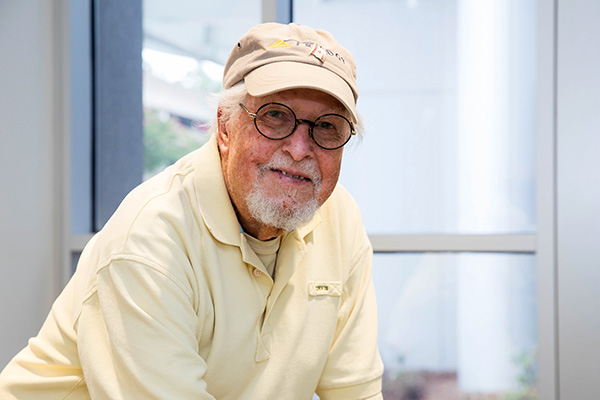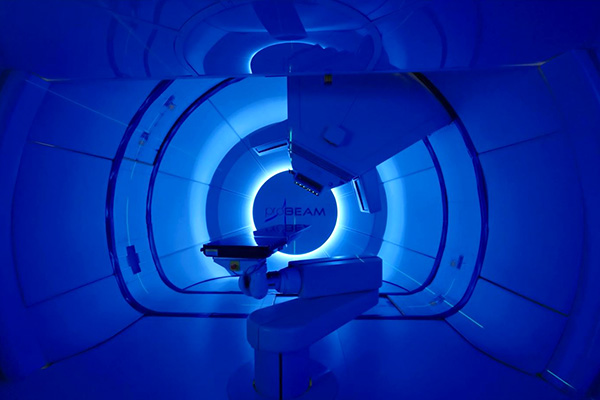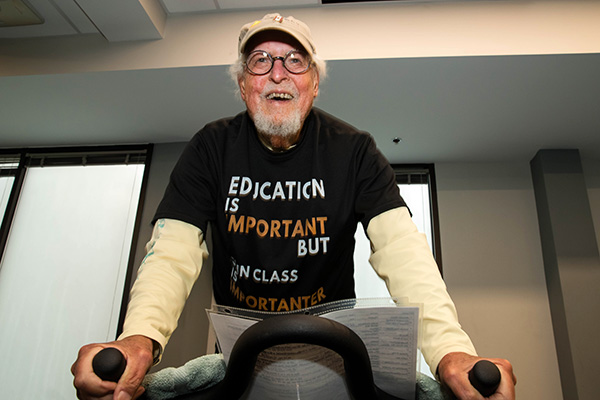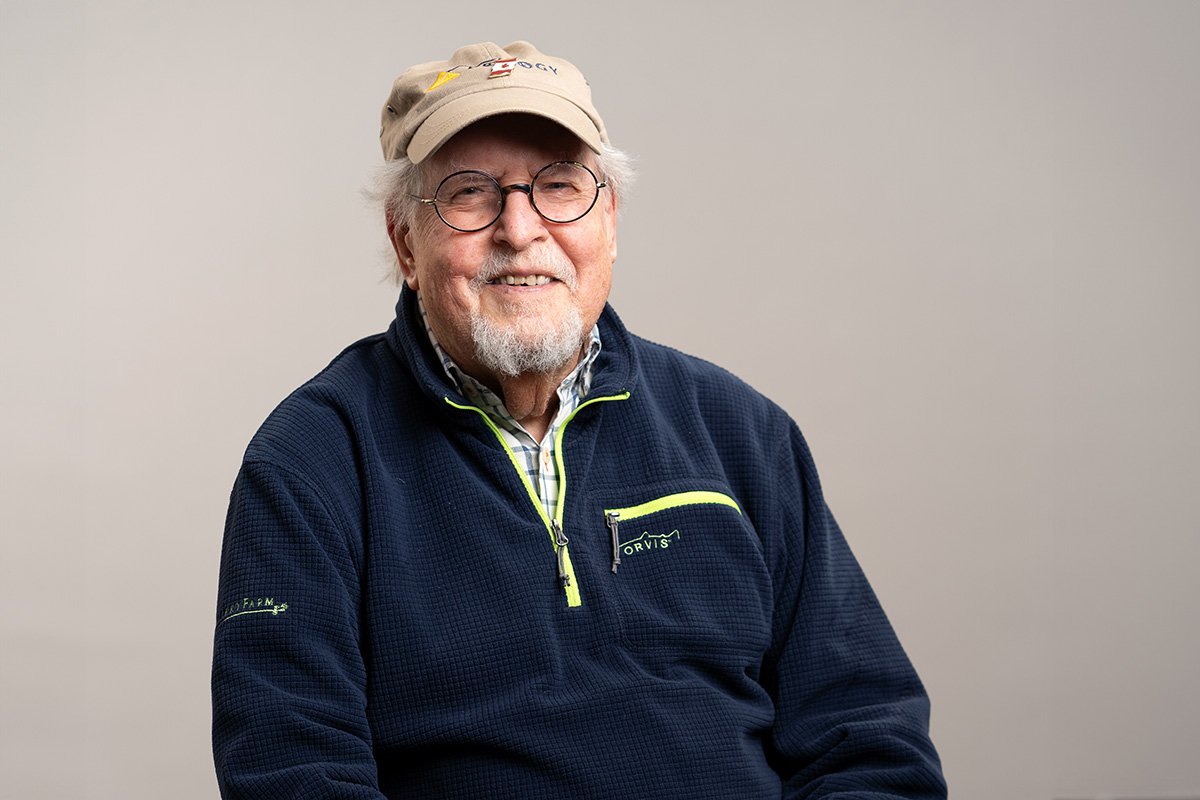There’s a lot of my friends that are no longer above ground, and I feel quite fortunate as to the kind of shape I’m in now and what I’m able to do daily.

Don’s experience with prostate cancer started in 2013 with a high PSA reading during his routine physical exam. His PSA was already at a level “where we weren’t going to mess around with it,” Don says. His doctor directed him to Winship Cancer Institute of Emory University for treatment.
“So right away the direction that we went was a prostatectomy and I had prostate surgery,” Don says. Prostatectomy is a surgery to remove the entire prostate, the male gland that produces semen. Even after it was removed, there were cancer cells where the prostate had been that had to be eradicated with radiation treatment. “After that, everything progressed okay,” Don says. “We seemed to be in pretty good shape.”
Now at a very active 80 years old, Don has continued to visit Winship about every three months for medications and blood work. For 10 years his PSA level remained normal before recently becoming somewhat elevated once again.
Don needed proton therapy. He says it was “a pleasure to learn that proton therapy is available at Winship, at the Emory Proton Therapy Center, which is the only place that it’s available in the state of Georgia.”
“Absolutely outstanding and caring”

Don overflows with gratitude for everyone he has interacted with at Winship. “All of the people that I have worked with have been absolutely outstanding and caring,” he says. “If you’re measuring service on a scale of 1 to 10, I’m probably in the 12 to 14 range.”
He pointed to the valet parking attendants at the Emory Proton Therapy Center. “These people shouldn’t necessarily be interested or helpful, but what I noticed is that they are there to say ‘good morning,’ to say ‘welcome,’ to smile. And I found this at every level. These are just some really super nice people to deal with.”
Don expresses the same gratitude for the Winship doctors and nurses who have treated him. “Thank you for the care and service that you provided for me personally,” he says. “But I think that thank you really backs up to the decision that a lot of these people made way-back-when in their education that this is something that they wanted to do. They wanted to become doctors, nurses. The decisions that they made are now bearing fruit, and I think they’re happy doing what they’re doing and providing the service that they’re providing—and it’s very special.”
Don adds, “I don’t think anybody’s crazy about going to hospitals. But if it’s something that you need to do, this is a hell of a good place to do it.”
Teaching spin classes, traveling and staying grateful

For “years and years” Don was a runner. He completed 25 or so Peachtree Road Races. “But that age thing finally took hold and after running and beating up my knees it was time to put that aside.” So, he got into cycling and taught spin classes at LA Fitness for five or six years. He continues to teach spin classes in his community on Friday and Saturday.
Don says that traveling, practicing gratitude and continuing to stay connected with friends and family are what’s on his agenda. As a meeting planner, he led a group to Mexico this year and will lead another group to St. Martin next year. He and his wife recently traveled to Nashville to see country music singer and guitarist Chris Stapleton. “Although I feel great at 80,” he adds, “the clock is ticking, and so our objective is to do as much as we can for as long as we can while we still have the interest and the mobility.”
His realism extends to living with prostate cancer and the need for continuing treatment. “There are some issues that come with prostate cancer,” Don says. He mentions that he’s had to deal with incontinence. “I can’t tell you how many pads I’ve probably bought over the last X number of years. I think maybe all by myself, I may have filled a landfill of some type.”
But the gratitude still wins out. “There’s a lot of my friends that are no longer above ground, and I feel quite fortunate as to the kind of shape I’m in now and what I’m able to do daily.”
Care tailored to your needs
Prostate cancer care at Winship includes leading cancer specialists collaborating across disciplines to tailor treatment plans to each patient’s needs; innovative therapies and clinical trials; comprehensive patient and family support services; and a care experience aimed at easing the burden of cancer.

